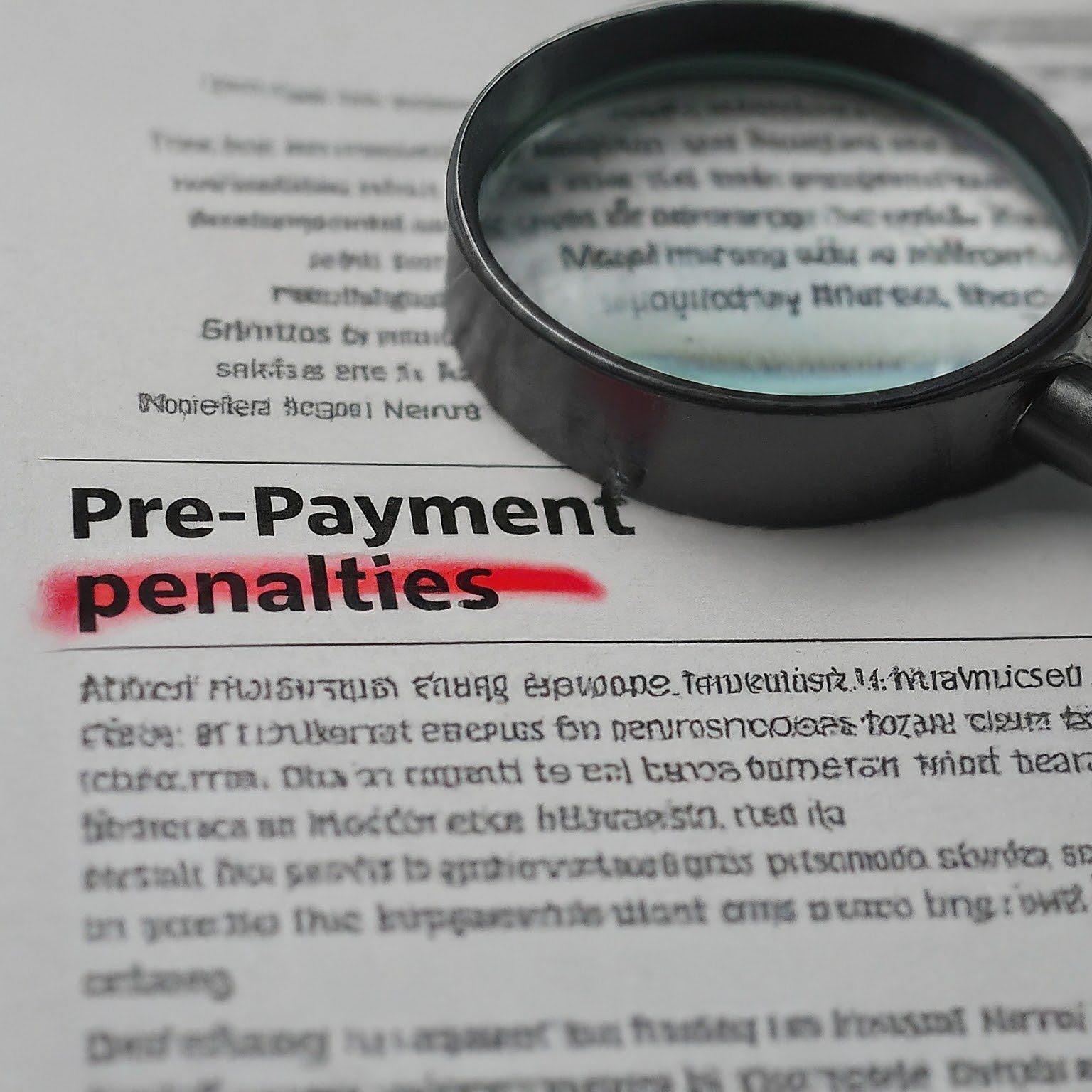
Let’s face it, life happens. Maybe you’ve found your dream home that needs a bigger mortgage, or perhaps you’re moving out of the area and need to break your current mortgage. But before you say goodbye to your existing mortgage, there’s one crucial thing to consider: the prepayment penalty.
As your friendly neighbourhood mortgage broker here licensed in British Columbia and Alberta, I get asked about penalties all the time. So, let’s break down how these penalties are calculated for different types of mortgages:
Fixed-Rate Mortgages: These mortgages offer stability with a locked-in interest rate for a term, typically a few years. However, there’s a catch if you break the term early. The penalty is calculated in two ways, and the lender will charge you the higher amount:
Open Mortgages: These mortgages offer more flexibility with the ability to make lump sum payments without penalty. However, they typically come with a higher interest rate than fixed-rate mortgages. The good news? There’s usually no prepayment penalty if you decide to pay off your entire mortgage early with an open mortgage.
Variable-Rate Mortgages (VRMs): These mortgages have interest rates that fluctuate with the market. The penalty for breaking a VRM is generally more straightforward to calculate. It’s usually just three months’ interest on your remaining mortgage balance, calculated at your current interest rate.
Remember:
The Bottom Line:
Prepayment penalties can vary depending on your mortgage type. If you’re thinking about breaking your mortgage early, talk to your mortgage specialist like myself! We can help you understand the potential penalty and explore your options. Remember, a little planning can save you a lot of money in the long run.